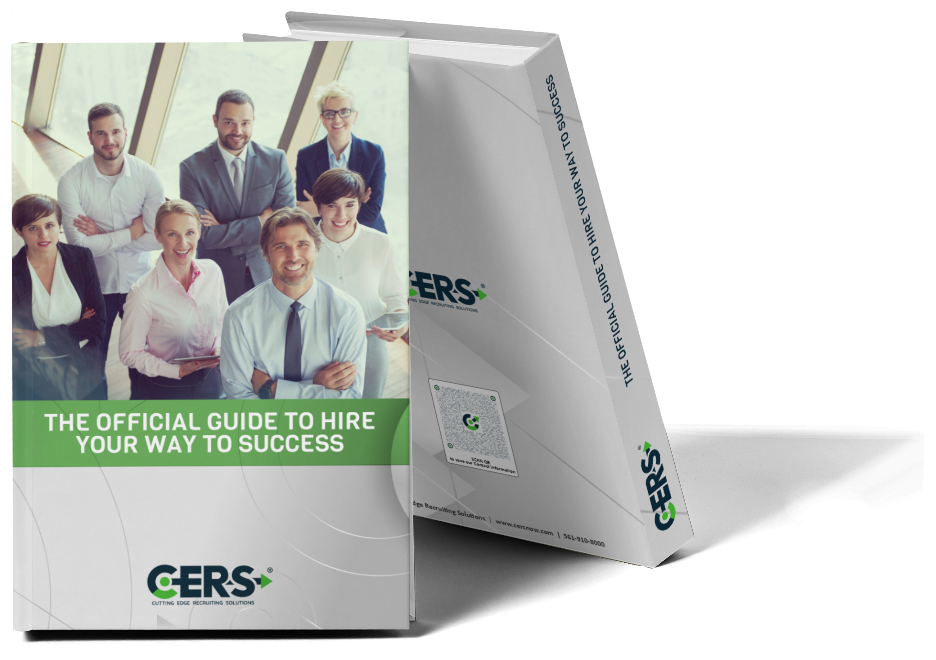Research shows that as many as 4% of new hires leave their jobs after a terrible first day, and most employees decide within the first 30 days whether they feel they are suited to the organization or not.
That why it’s vital that your organization has a smooth on-boarding process in place to ensure that your new hire has a comfortable and engaging first day – and first week, and first month, and hopefully, first year.
The good news is that properly on-boarding your new hire does not involve reinventing the wheel, rather just a few potential tweaks; just follow this simple list of do’s and don’ts, and you can ensure your new hire experiences a welcoming and efficient on-boarding process.
Before their first day
Keep in mind the 5 P’s when designing your revised on-boarding process: ‘Poor Planning Prevents Proper Performance’. Unless you start preparing in advance for your new hire’s first day, it’s highly likely it will be a disaster. That why our first set of do’s and don’ts start before the new hire’s first day.
DO:
- Notify the new hire’s co-workers about the new arrival and explain the new hire’s role
- Encourage staff to welcome the new hire, and nominate (or ask for someone to volunteer as) a buddy to help steer the new hire during the first day and following weeks
- Prepare a detailed job description and organization chart so the new hire is clear about their purpose and position from day one
- Prepare a program of activities and tasks for the first day so the new hire doesn’t feel abandoned
- Prepare a list of key contacts that the new hire should connect with to learn more about the business and their role
- Develop a simple training schedule for the first 90 days on the job
- Arrange key fobs, passes, ID badges, etc. so they can feel part of the team from day one
- Consider getting the employee a first day welcome gift
DON’T:
- Overload your new hire with information
- Leave it all to chance on the first day
- Forget to set up a work-station and desk for the new hire
- Forget to remind staff that the new hire is starting
During their first day
It’s all well and good doing lots of advanced planning to support your new hire, but if you don’t execute on your on-boarding process plan, your new hire experience will still be substandard and could result in your new recruit eventually walking away. Here’s what to do so your new hire has a good experience.
DO:
- Warmly greet the new hire in order to relax them and alleviate potential nervousness
- Give them a welcome gift
- Outline the plan for their first day
- Provide them an office tour and introduce them to their co-workers and assign them their go-to volunteer / mentor / buddy
- Treat your new hire to a welcome lunch with the team
- Confirm the new hire completes the required forms, especially bank/payroll details to ensure the new hire is paid on time
- Go through the job description and organization charts so the employee knows what is expected of them
DON’T:
- Leave your new hire alone with nothing to do for long periods
- Forget to highlight any critical procedures and policies such as evacuation procedure, sickness and vacation reporting, and anti-harassment policies
After their first day
On-boarding new hires should not end after the first day. Studies show that new hires remain a serious flight-risk until about 6 months into their tenure. Up until that 6 month point, you can’t afford to take your foot off the gas in terms of on-boarding and acclimatizing your new hire.
DO:
- Conduct a new hire satisfaction survey after 30 days, 90 days, and 6 months to gauge the new hire’s impression of the business, job duties, working conditions, and anything else
- Exemplify the company’s culture
- Set performance goals for the probationary period and explain the performance review process
- Have interim probationary reviews to check that things are on track
- Regularly ask the new hire if they are getting enough support
DON’T:
- Forget that your new hire exists and leave them to fend for themselves
- Over-extend/over load your new hire
- Forget to praise your new hire when they produce results
As you can see, if you don’t make your new hires feel welcome, you could lose an employee you invested thousands of dollars hiring. This is why it is so important that you have an effective on-boarding system that kicks in from day one, ensuring that your new hire has a smooth journey into the organization. It’s also help not to overlook the day-to-day aspects of employment weeks and even months after hiring, such as small things like how to use the coffee maker in the kitchen, for instance. Simply spending a little extra time to explain even minute administrative and other office procedures can make your new hire’s career transition much more streamlined.









